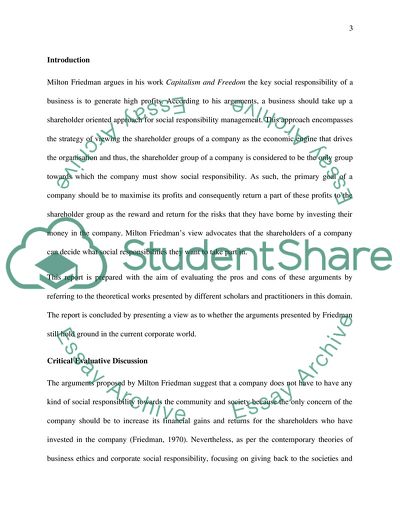Cite this document
(Low-Cost Labour Outsourcing Research Proposal Example | Topics and Well Written Essays - 1500 words, n.d.)
Low-Cost Labour Outsourcing Research Proposal Example | Topics and Well Written Essays - 1500 words. Retrieved from https://studentshare.org/finance-accounting/1696317-business-and-professional-ethics-essay
Low-Cost Labour Outsourcing Research Proposal Example | Topics and Well Written Essays - 1500 words. Retrieved from https://studentshare.org/finance-accounting/1696317-business-and-professional-ethics-essay
(Low-Cost Labour Outsourcing Research Proposal Example | Topics and Well Written Essays - 1500 Words)
Low-Cost Labour Outsourcing Research Proposal Example | Topics and Well Written Essays - 1500 Words. https://studentshare.org/finance-accounting/1696317-business-and-professional-ethics-essay.
Low-Cost Labour Outsourcing Research Proposal Example | Topics and Well Written Essays - 1500 Words. https://studentshare.org/finance-accounting/1696317-business-and-professional-ethics-essay.
“Low-Cost Labour Outsourcing Research Proposal Example | Topics and Well Written Essays - 1500 Words”, n.d. https://studentshare.org/finance-accounting/1696317-business-and-professional-ethics-essay.


